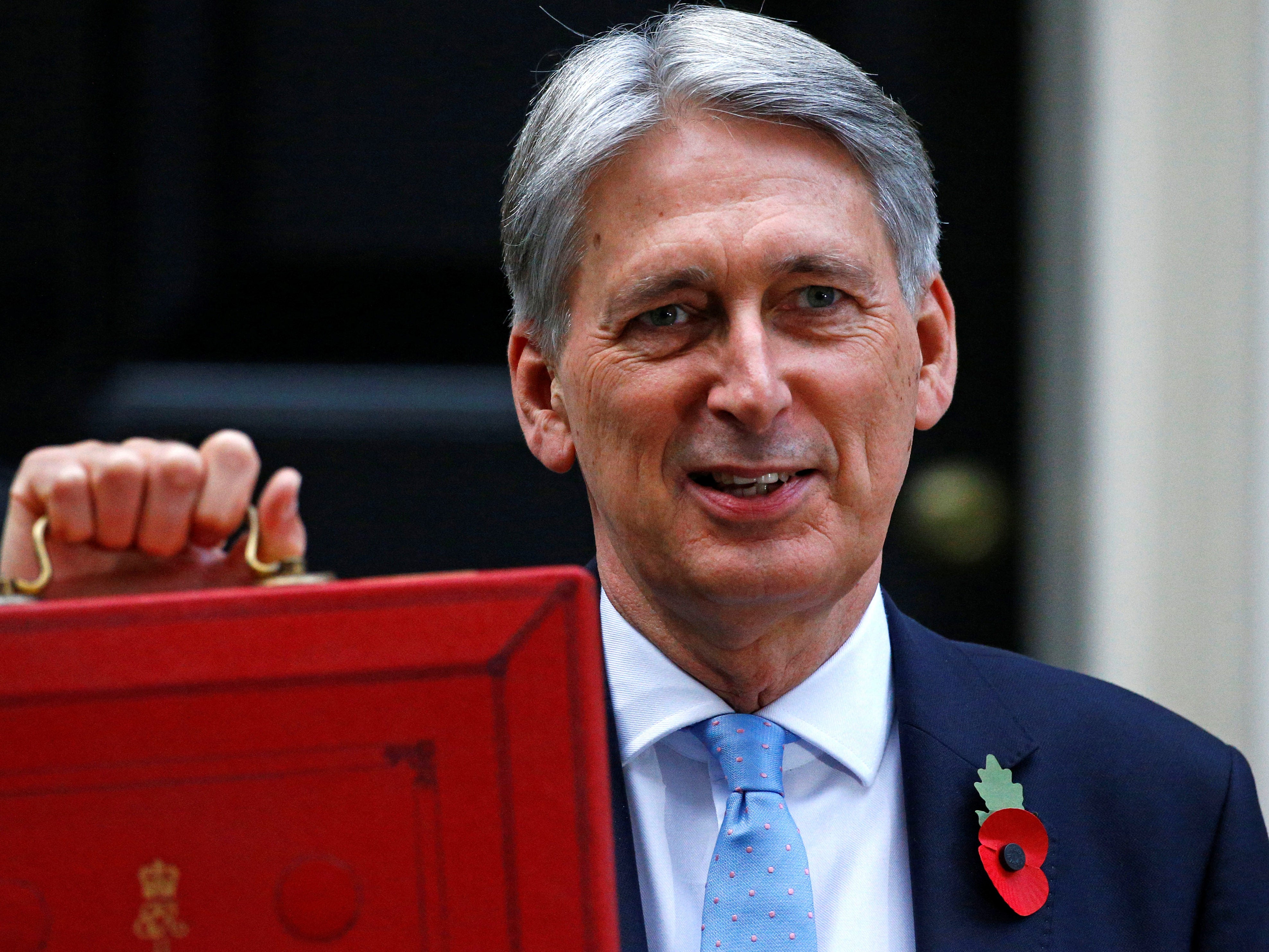
Chancellor Philip Hammond has announced a new UK digital services tax on “established tech giants” like Facebook, Google and Amazon that he has said will bring in more than £400m every year for public services.
Hammond announced the 2 per cent tax on digital businesses, such as social media and search engine platforms, to “ensure that the amount of tax paid in the UK is reflective of the value they derive from their UK users”.
It is understood that the levy will not go towards funding journalism. That matter is still currently in the hands of the Government’s Cairncross Review, which is set to report its findings in the New Year.
Today’s pledge to create a “narrowly targeted” tax will apply to companies which earn at least £500m each year in global revenues from the relevant digital services.
Google parent company Alphabet made revenues of $110bn last year, while Facebook’s turnover hit $40bn.
Said Hammond: “Digital platforms delivering search engines, social media and online marketplaces have changed our lives, our society and our economy, mostly for the better.
“But they also pose a real challenge for the sustainability and fairness of our tax system.
“The rules have simply not kept pace with changing business models and it is clearly not sustainable or fair that digital platform businesses can generate substantial value in the UK without paying tax here in respect of that business.”
He added: “It will be carefully designed to ensure it is established tech giants – rather than our tech start-ups – that shoulder the burden of this new tax.”
Following a consultation on the detail of the new levy – “to make sure we get it right” – it is expected to come into effect in April 2020.
However, the UK will continue with “attempts to deliver international corporate tax reform for the digital age”, Hammond (pictured) said.
“A new global agreement is the best long-term solution but progress is painfully slow. We cannot simply talk forever. So we will now introduce a UK digital services tax.”
If a globally agreed solution emerges from work with the G20 and Organisation for Economic Co-operation and Development, the UK will consider adopting it in place of the UK digital services tax, Hammond said.
“But this step shows that we are serious about this reform. It is only right that these global giants with profitable businesses in the UK pay their fair share to support public services.”
Responding to the Budget, Labour leader Jeremy Corbyn said the digital services tax was “too little and too late” in tackling the “the institutionalised tax avoidance of big online retailers”.
Labour MP Margaret Hodge called the new tax “just a tiny first step to tackling the unfair tax practices of big tech companies in the UK”.
She tweeted: “£400m raised is a drop in the ocean. Just like Osborne’s Google Tax this is a headline today but will be gone tomorrow.”
In 2016, Google agreed to pay £130m of tax dating back to 2005 to HMRC, a deal hailed as a “victory” and “major success” by former Chancellor George Osborne but widely criticised as being too lenient.
Financial Times editor Lionel Barber also shared scepticism at the benefits of the amount to be raised by the new tax.
Barber tweeted: “It’s an important new departure, UK now ahead of US and EU; but Hammond reckons it will only raise £400m a year, not exactly making the tech giants pips squeak.”
Elsewhere in the Budget, Hammond extended the £1,500 business rate discount for local newspaper offices for another year. The discount was first announced by Osborne in the Spring 2016 Budget.
Picture: Reuters/Henry Nicholls
Email pged@pressgazette.co.uk to point out mistakes, provide story tips or send in a letter for publication on our "Letters Page" blog
